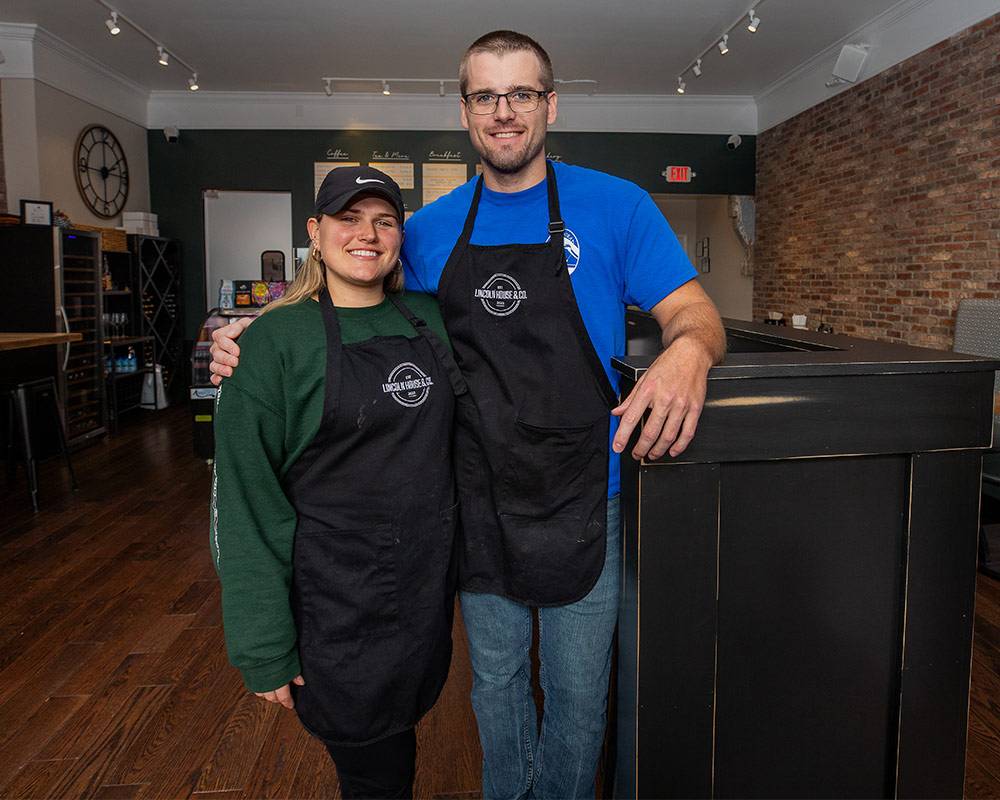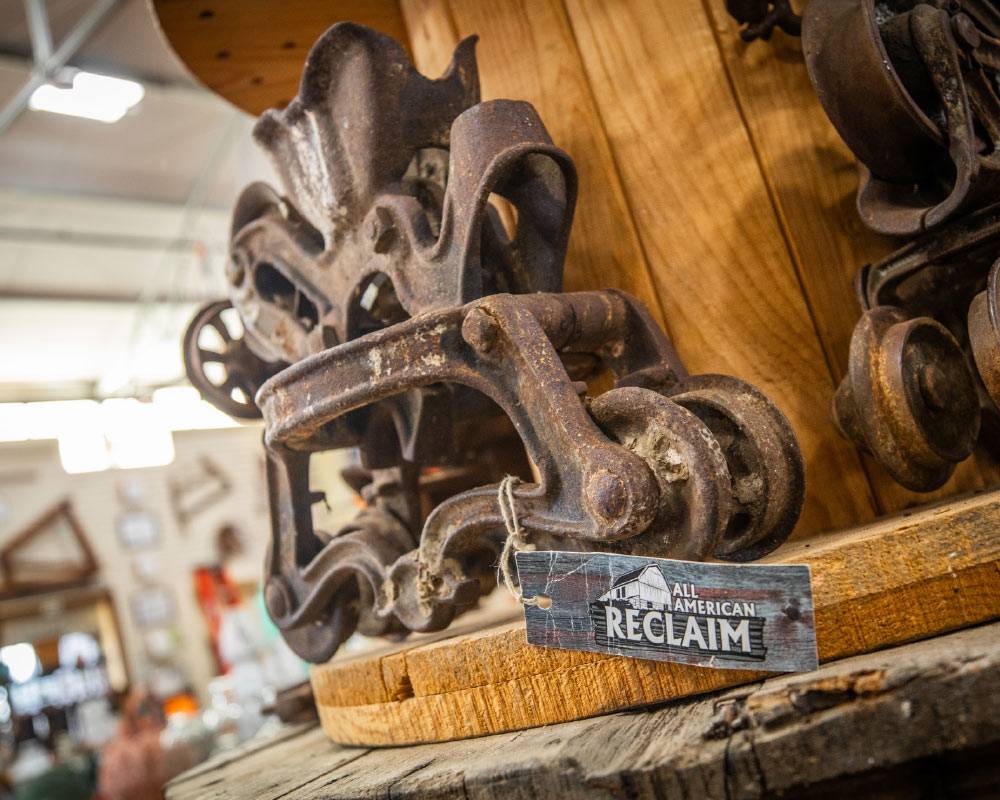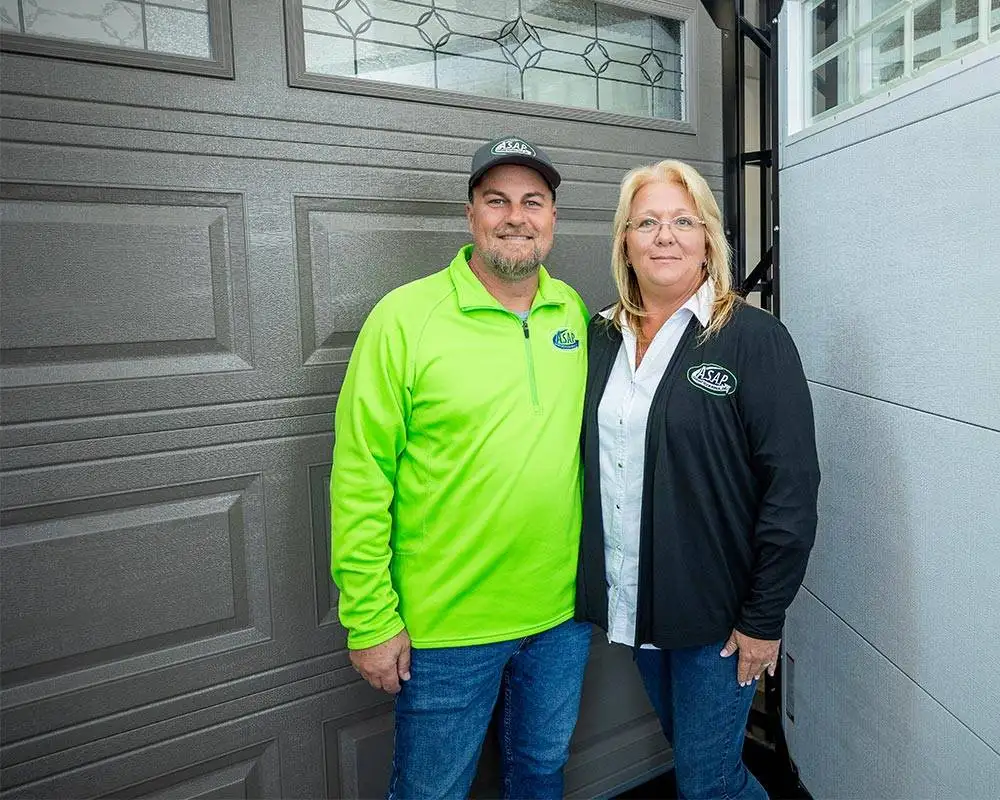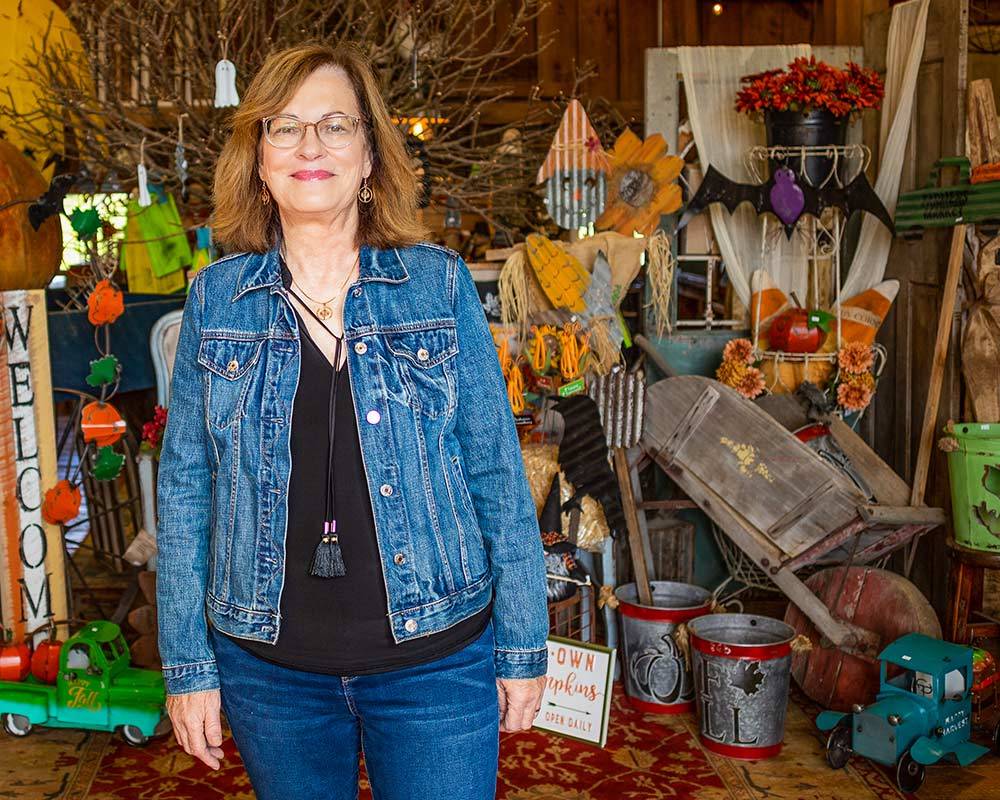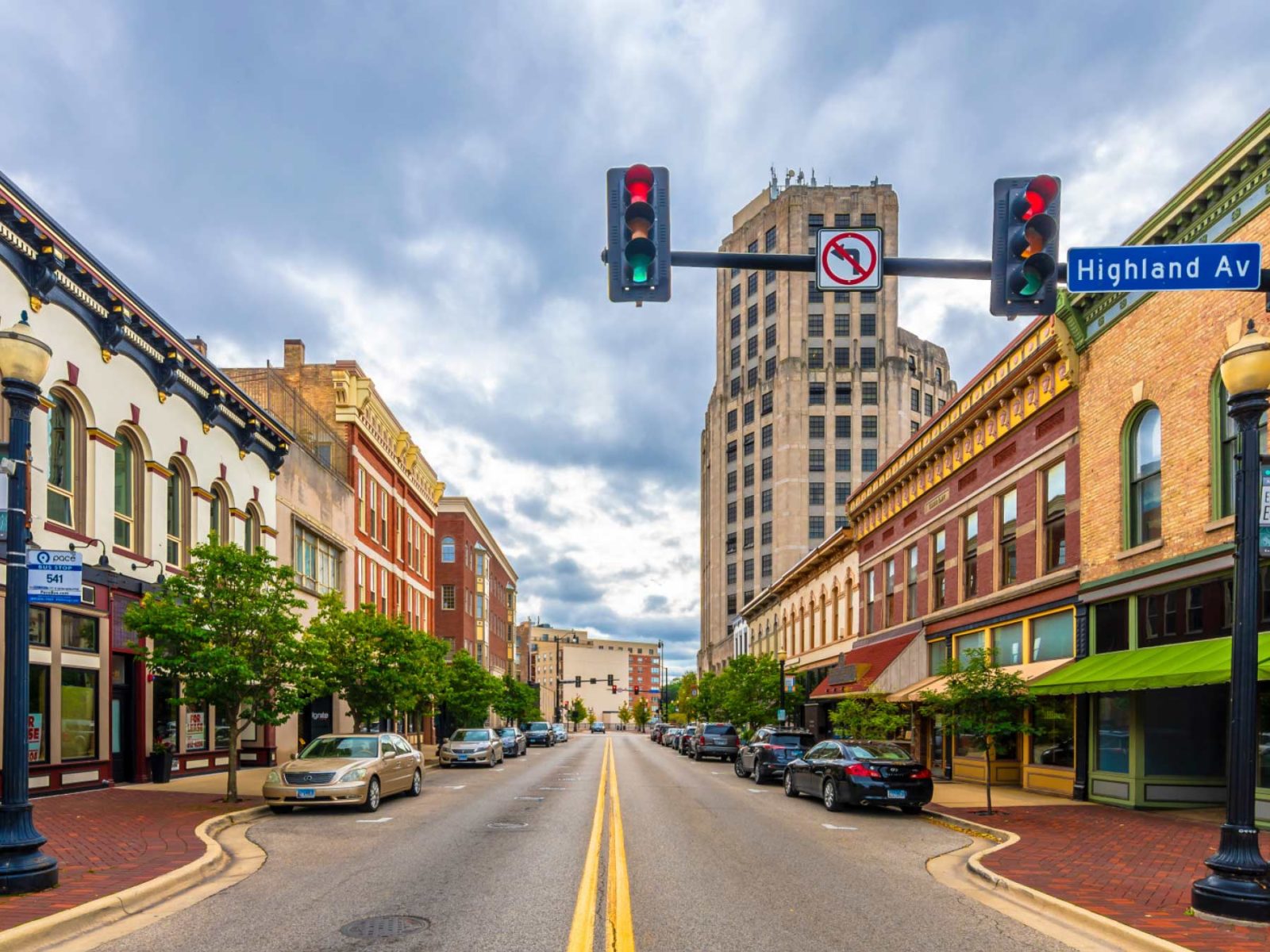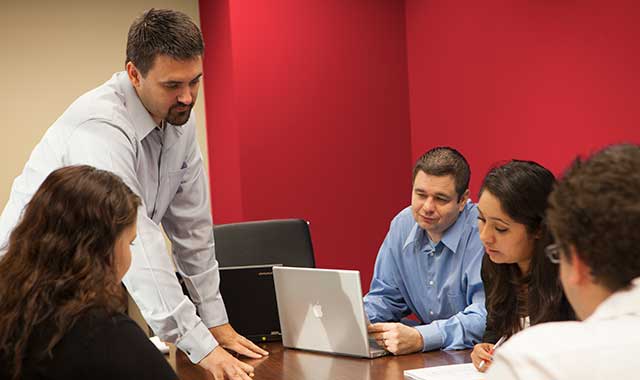In just 10 years, this city has jumped into position as Illinois’ sixth-largest city, and it continues to grow. Behind this surge, you’ll find a network of leaders with a common attitude.
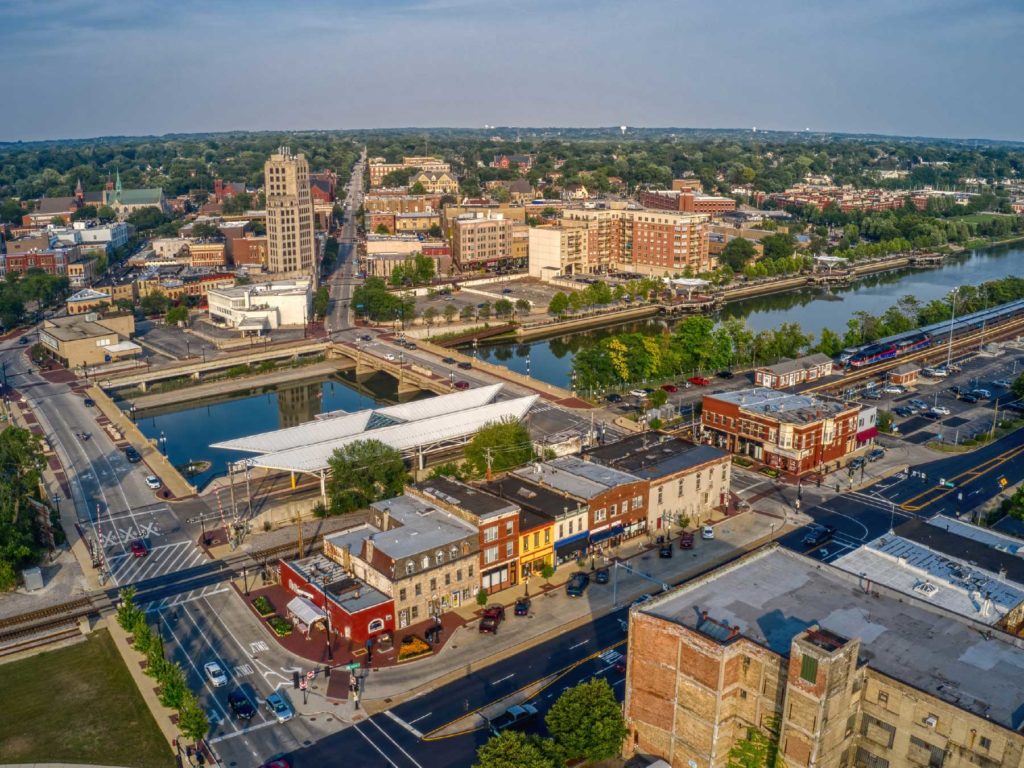
Elgin may be known as The City in the Suburbs, but to those who live and work there, it’s so much more.
For one thing, it’s a city of diversity, where nearly 46% of the population is Hispanic/Latino and just 41% is white, according to the U.S. Census. Asians and blacks each represent 6% of the population, giving Elgin a cross-section similar to Chicago.
The workforce is just as diverse. The city’s long history of manufacturing means it still makes up a robust 13.5% of local jobs, but there’s also a healthy mixture of work in other sectors. Educational services, in particular, makes up about 14.8% of local jobs and encompasses a community college, a private four-year university and other satellite campuses, private elementary schools, the second-largest public school district in Illinois and three other local school districts. The mix of blue-collar and white-collar jobs means the city has a median household income of $73,000 per year, about $2,200 more than the national average.
Elgin is also a city of growth. In just 10 years, it’s risen from Illinois’ eighth-largest to its sixth-largest city, according to the 2020 Census. With 6,609 more inhabitants and a total population of 114,797 in 2020, the city’s population jumped 6.1% – the highest percentage for an Illinois city of more than 100,000. Its industrial footprint also grew, with 1.7 million square feet of new industrial buildings constructed in 2020.
So, what’s the secret to Elgin’s success? The answer lies, in part, with the teamwork-driven culture that keeps things moving behind the scenes.
“There is a real sense of community here,” says Tony Lucenko, director of Elgin Development Group, the city’s public-private economic development organization. “Everybody feels like they live in a small town because we all work so well together.”
While assets like its proximity to Chicago, its history, educational opportunities, workforce diversity and infrastructure are certainly helpful, Elgin’s community partnerships are proving to be the glue that brings good things together.
“In both the 2010 Census and 2020 Census, we had a community-wide effort to make sure that people would register,” says Carol Gieske, president and CEO of the Elgin Area Chamber (EAC). “That’s how we went from eight to six. We had actual growth here, where most communities did not. It was a community-wide effort with 30-plus different organizations around the table.”
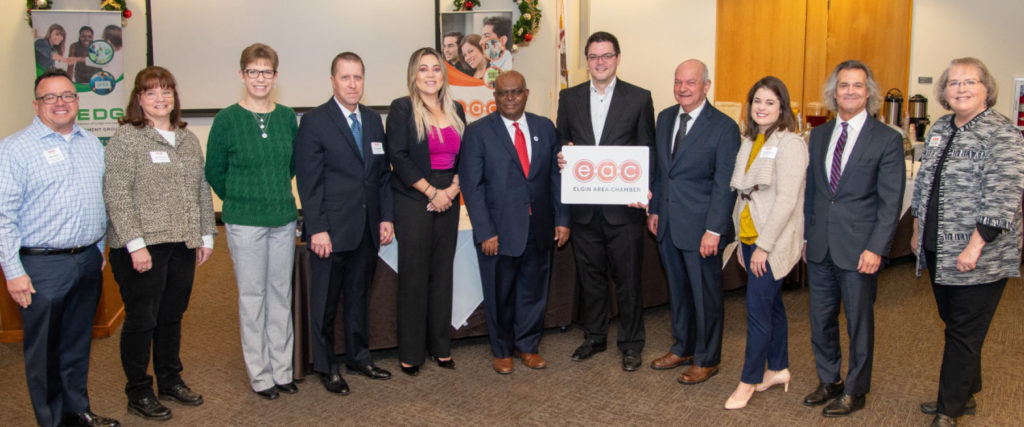
A Chamber of Networks
The simpatico approach between city leaders is apparent as soon as one steps onto South Grove Avenue downtown. On one side, EAC and EDG share space at 31 S. Grove Ave. with the Downtown Neighborhood Association, whose mission is to promote and create a thriving downtown. Across the street, in 60 Grove Ave., sits the area’s convention and visitors bureau, known as Explore Elgin Area.
“Our role is to connect communities and businesses through engagement, collaboration, advocacy, leadership development and business growth, says Gieske. “My volunteer board of directors and professional staff work tirelessly to deliver relevant, innovative and impactful programming that ensures a healthy business climate and an enhanced quality of life. We are in business for business and take our role very seriously,”
Opened in 1908, the Elgin Area Chamber is the largest business network in the area, and it serves businesses in Elgin, South Elgin and the surrounding suburbs by providing services, tools and resources. Part of its function is incorporating economic development in its service delivery.
“We have a contract with the City of Elgin to do economic development, work on transportation development, workforce development business retention, business attraction and marketing the community,” says Lucenko, who heads the division.
It’s rare to find communities with this level of public-private involvement, say Lucenko and Gieske, and it’s even rarer to find cities where the relationship has been going for so long. In Elgin, this longstanding relationship means there’s a tight harmony within the Chamber’s network, which includes a combination of local business interests, city leadership and economic development priorities.
For his part, Lucenko is a business concierge for economic development services. He assists businesses large and small with complimentary services that include site selection, fast-tracking permit applications, navigating infrastructure, workforce development support, business counseling and consultation, and making introductions.
“We work with everything from local companies that have grown up and need a larger space to companies that need to be near Chicago for manufacturing or logistics purposes to entrepreneurs with a business idea,” says Lucenko. “Elgin is 38 square miles, and I am working on economic stability in all sectors of the community – 32 million square feet of industrial space, 5 million square feet of retail space and 5 million square feet of office space.”
The differences between companies are large and varied. Lucenko divides them into four categories: health, education, professional services and manufacturing. All of these sectors are well represented in Elgin, and all, according to the U.S. Census, pay higher-than-average wages.
“We’re still growing, and our income levels are moving up,” says Lucenko. “There are pockets of poverty, but our poverty levels are much lower than you’ll find in the rest of the country.”
To further entice businesses and to keep track of the EDG’s galaxy of statistics, Lucenko and Gieske manage a concentrated document called the Elgin Data Viewbook.
“This is a publication that we put together last year because there’s a great opportunity to talk about Elgin,” says Gieske. “We felt that the story of Elgin from a statistical standpoint wasn’t known very well.”
The Elgin Data Viewbook provides a visual snapshot of statistics for business, housing, manufacturing, workforce, health, diversity and education. It proved to be such a hit that it’s become an annual effort. The latest viewbook is currently in the works and will be distributed to businesses and developers throughout the Chicago area, says Lucenko.
“For people and businesses that are looking to Elgin, sometimes you’d be surprised why they make their final decision,” he adds. “We try to provide a whole group of information.”
The viewbook is supplemented with additional insights and attractions that showcase Elgin beyond the numbers.
“It includes the fact that we have an amazing orchestra and the Hemmens Cultural Center,” says Lucenko. “We have a lot of activities, dining and restaurant opportunities and beautiful homes. It’s a great place to do business.”
Site selectors also appreciate that there’s plenty of space to set up shop – a quality that’s harder to find closer to Chicago.
“We’re an economic engine for the county and we will be for a long time,” says Lucenko. “We still have a lot of opportunity for growth to the west of us, so the prospects for the future are bright.”
Small businesses are also an important part of the tapestry, and the Chamber has many tools to help, including something you’ll find at Gail Borden Public Library District’s main branch downtown.
“The library is at the center of a lot of what goes on here,” says Gieske. “It sees about 3,000 people walking through the door every day. Probably more, at the moment, because there is a Teenage Mutant Ninja Turtles exhibit. They also have a wildly successful summer reading program.”
What most interests business owners, though, is the business librarian. The Small Business Resource department offers a myriad of services for entrepreneurs, including step-by-step guides, reference solutions, investment research, help with business plans and Size Up Elgin, a database from the Downtown Neighborhood Association that helps someone research competing businesses.
“Any business can call or visit the library, and the business librarian is there with his team to help you,” says Gieske. “That’s a valuable asset that underlines the magnitude of local resources for businesses to succeed.”
Another Chamber resource, the Small Business Academy, focuses on helping entrepreneurs to find their feet in a competitive marketplace.
“If you have an entrepreneurial flair, an idea or a small business, we want to make sure that, when you come to our table, we can help you be as successful as possible,” says Gieske. “Everyone in this community feels that way.”
Through the Small Business Academy, the EAC can guide entrepreneurs down the path of starting their own business, which can be challenging. The new BRIDGES program is dedicated to advancing minority business owners and entrepreneurial leaders through shared learning, directed access, and advocacy/marketing platforms.
“We want to make sure that entrepreneurs can succeed, and we recommend they consult with someone whenever they don’t have expertise,” says Gieske. “Consult with an attorney to review a lease before you sign it, for example. You might have overlooked the clause that says it’s a five-year lease. You might like doughnuts, but that doesn’t mean you should open a bakery.”
The program seeks to bring new business owners together to arm them with as much knowledge as possible.
“We’ll bring in people who started a business and did really well, and we’ll also introduce those who had a business and failed,” says Gieske. “We try to share all of those experiences, so these business owners can succeed and grow.”

Connecting Downtown
Having an in-house economic development agency has its advantages, particularly given the wide range of businesses that exist in Elgin.
“Businesses look at a lot of different things, depending on the type of business and where they want to be located,” says Lucenko. “They all have their own different criteria as to what meets their needs.”
For business leaders hoping to land downtown, Jennifer Fukala is just a short walk down the hall from the Chamber. Fukala is the executive director of Downtown Neighborhood Association (DNA), an organization also partnered with the City of Elgin that is specifically focused on economic revitalization and promotional support within Elgin’s historic downtown.
“We’re kind of an intermediary between the business community and the municipality, and we’re supporting on both sides,” she says. “Our mission is to create a thriving downtown. We’re not in it for one side at the expense of the other. The mission is to have a successful outcome. Sometimes that takes some translating.”
For Fukala and the DNA, it’s an exciting and busy time as Elgin’s downtown improvements gain forward momentum.
“Over the past three years, we’re seeing a lot of new and different interests in downtown properties,” she says. “There’s been a lot of movement in the property ownership and redevelopment space.”
Fukala cites several examples of such projects, like the old bank building being redeveloped into graduate student housing for Judson University’s architecture program and a recent groundbreaking on the Courtyard at 40 DuPage, a five-story former office building that’s being redeveloped as 40 apartments with ground-floor retail space.
The growing uptick in interest is a far cry from the downtown exodus that occurred several decades ago. Fukala credits the Grand Victoria Casino’s 1994 arrival with initiating the change in fortunes.
“Everything changed down here when the boat came in,” she says. “There was a very savvy economic strategy, where a portion of the proceeds went into a fund that was invested in the community.”
The reinvestment is readily apparent downtown, in the form of quaint brick sidewalks, infrastructure upgrades and greenspaces, among other changes.
These days, Fukala and her team immerse themselves in every facet of downtown’s functionality, navigating the intricate details of business and property ownership needs while advocating for both.
“We need to be able to make recommendations to the City and advocate for improvements that keep things moving forward as the downtown business environment continues to grow,” she says. “The way we manage parking now may not be the way we need to manage it in the future, for example. We are the municipal partner who has a bird’s-eye view of downtown Elgin’s day-to-day functions and can help make recommendations when needed.”
Housing is one major consideration, and it’s become a growing interest in downtown’s comeback strategy – particularly since the pandemic encouraged more work-from-home types to seek more affordable housing in the suburbs.
“People who worked downtown no longer need a Wicker Park apartment,” Fukala says. “Now, they could live near a train line and go into the city twice per week.”
For the property owners who have to navigate these changing trends and handle the challenges of life in a bustling downtown, Elgin’s DNA remains an important resource with information on available programs, tenant referrals, marketing, event participation opportunities and more.
“We are a large community with many different needs,” says Fukala. “Having three agencies partnered with the City, focusing on specific areas while working together, has created a wide-ranging supportive process.”

Maintaining a Destination
Across the street from the EAC and the DNA is the final agent in the trifecta: Explore Elgin Area, which is dedicated to drawing tourists, tournaments and events.
“Our board is made up from people around the community and the region, but the Chamber, the Downtown Neighborhood Association and the City of Elgin all have seats,” says Krisilee Murphy, Explore Elgin Area’s president and CEO. “When we’re coming up with our strategic plan, they’re all at the table while we’re making those decisions.”
While the group is tightly focused on things like hotels, restaurants and attractions, it’s also a persistent regional advocate that joins into partnerships like the new Fabulous Fox Water Trail or neighboring communities like West Dundee, Carpentersville and Pingree Grove.
For Murphy, the most important part of the job is making sure everyone at the table understands the deep impact of visitors.
“It’s really all about educating everyone on how a visitor moves through the destination,” she says. “Whether it’s the gas station, or whether someone needs to fix their jersey in the middle of a softball tournament, they’re touching every piece. A visitor really does touch everything our residents touch.”
Murphy likes to get the word out when large groups are visiting town, so local businesses and officials are prepared. She also plans ways to bring those visitors back another day.
“We have a number of food trails, like a burger trail and a taco trail. We have a coffee trail starting soon, as well,” she says. “Those help to keep the visitor moving through the community.”
Assets like the Gail Borden library, local wedding venues and downtown shops are also high on Murphy’s mind, as is the Fabulous Fox Water Trail, a newly named National Water Trail that promotes waterside activities along the river throughout Illinois and Wisconsin.
Murphy’s also keeping a close eye on a proposal for the Elgin Sports Complex, a massive facility located on the city’s south side just off U.S. 20. While the details have not yet been released to the public, Murphy looks forward to the possibility of even more tournaments, more excitement and more opportunities for collaboration.
“That’s going to be huge,” she says.

Location, Location, Location
Elgin sits at a crossroads of activity, from Interstate 90 and U.S. 20 to Randall Road, Illinois Route 31, and a Metra line that could become part of a Rockford-to-Chicago route in the next four years. Elgin also has the advantage of being an hour outside of downtown Chicago, right at the edge of suburban outgrowth.
“Our location makes us an attractive place to be,” says Gieske. “This community has generated so much activity as a result of our location.”
In fact, Lucenko credits that location to much of the city’s growth over the past 10 years.
“It’s very important for businesses moving into the community,” he says.
Transportation is always top of mind for local officials, and here, too, Elgin proves how its collaborative spirit is vital.
“If people from the Kane County Department of Transportation tell us about their plans, we sit at the table and coordinate,” says Lucenko. “We make sure the businesses and residents are aware of what’s happening and that different governmental agencies understand what road projects are happening.”
This is especially true right now, as discussion continues on Randall Over 90, a Kane County Transportation project aimed at improving Randall Road, particularly where it meets Interstate 90. As many as 41,800 vehicles pass this interchange every day, according to Illinois Department of Transportation.
“It’s the busiest intersection in the county, and we know that there’s congestion there,” says Gieske. “Work is being done, and Tony’s at that table making sure that we know what’s going on and that we can communicate with the business community.”
Lucenko and Gieske believe the best step they can take is to keep their community in the loop.
“There are opportunities to share expertise among all the groups that are involved,” says Gieske. “It’s a wonderful opportunity to help people understand how everything is coming together.”

Volunteer Spirit
While organizations like the EAC, DNA and Explore Elgin are banding together for the city’s success, there’s another, sometimes unrecognized group that’s providing crucial support.
“Our four-person staff is supplemented by about 125 volunteers who make our organization successful,” says Gieske. “We’re really fortunate.”
Chamber volunteers contribute in a variety of ways, but one of the most impactful is through the Elgin Area Leadership Academy, a community leadership program that was established in 1991 to educate, develop and empower future leaders, plugging them into a network of civic, business and professional leaders. More than 600 participants have benefited from the program, which is run by two volunteers.
“Dan Fox and Ruth Munson are coordinators of that program, which runs every other year,” says Gieske. “We’ve seen many community volunteers come into the program and motivate them to serve civic, charitable and business organizations after they graduate.”
Munson, an Elgin entrepreneur and Academy coordinator, was part of the first cohort and went on to become an Illinois state representative.
“Having a program like EALA has made a fundamental change in many of our graduates’ lives,” says Gieske. “They have formed lifelong relationships going through the leadership development experience.”
The Chamber has partnerships with many organizations to strengthen business, including Fox Valley SCORE, a volunteer-based resource partner that has made important strides in the community. Through SCORE, small-business owners and entrepreneurs can work with mentors, attend workshops, and find resources, templates and tools to assist them on their journey to business success.
“SCORE is an important partner with us in making sure business owners know what the landscape is as they begin to succeed toward achieving their dream,” Gieske says.
Collaborating for the Future
Take a look at Elgin’s far-west side, out near Illinois Route 47, and you’ll see a part of Elgin that future residents will someday recognize.
“That’s where the city is key with their community development department, with their leadership and elected officials, in the development of their strategic and comprehensive plans and direction,” says Gieske. “We all work together as the businesses community contributes to supporting and enhancing the quality of life for generations to come.”
The infrastructure and roads aren’t exactly there – not yet, anyway – but as usual, the discussions are coming together as leaders across the city focus on their community’s potential.
“Staying the same is like moving backwards,” says Lucenko. “We need to continue new development and continue redevelopment.”













